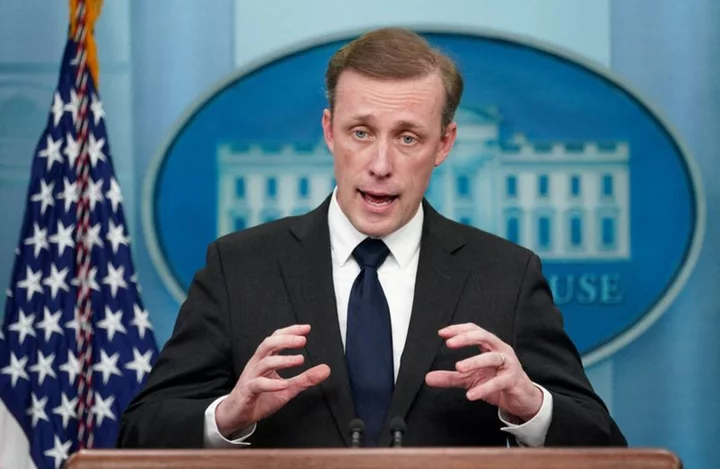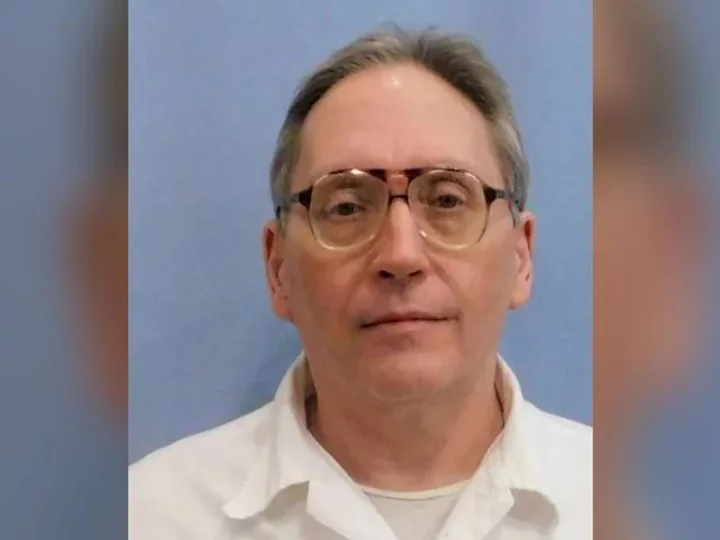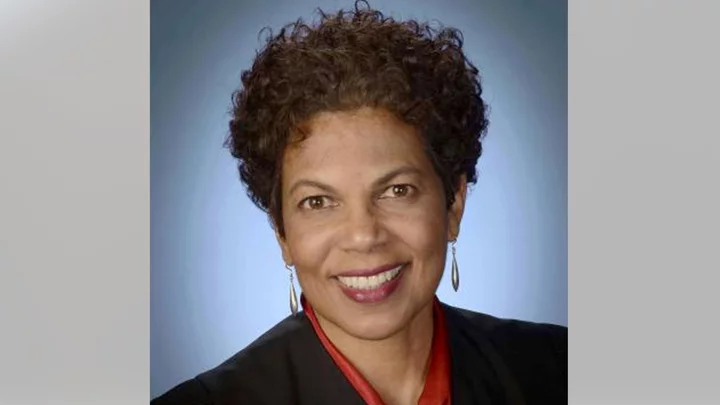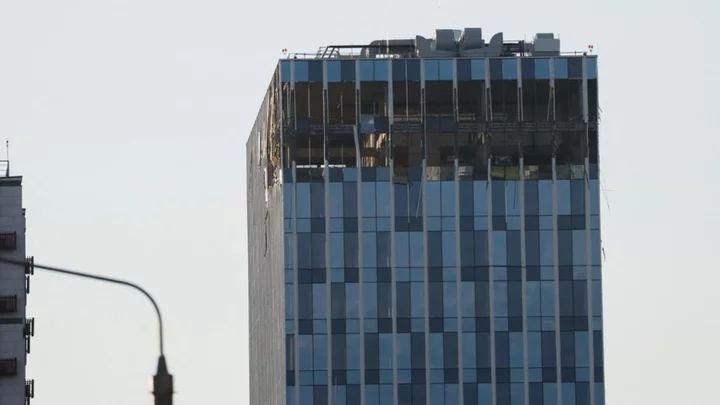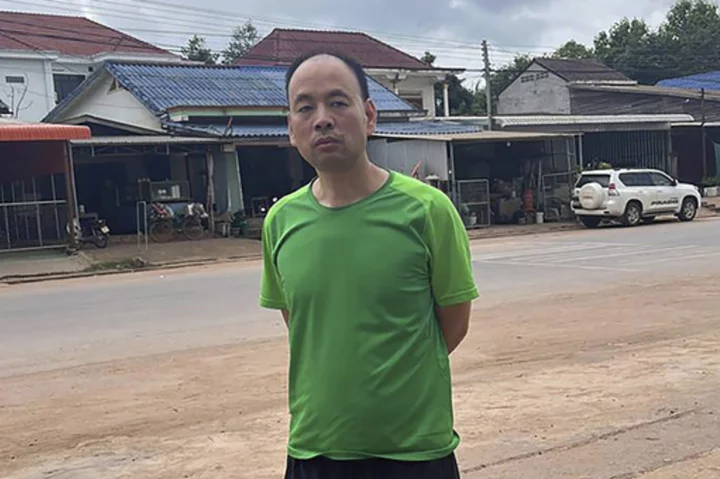By Susan Heavey
WASHINGTON (Reuters) -The Biden administration's top security adviser met with China's top diplomat this week and pledged to keep lines of communication open, the White House said on Thursday, in one of the countries' few high-level meetings since a dispute over an alleged Chinese spy balloon dented relations in February.
National Security Adviser Jake Sullivan and Chinese top diplomat Wang Yi met in Vienna on Wednesday and Thursday and discussed key bilateral and global security issues, including Taiwan and Russia's war against Ukraine, the White House said in a statement.
It described the talks as "candid, substantive, and constructive" and "part of ongoing efforts to maintain open lines of communication and responsibly manage competition."
The two sides "agreed to maintain this important strategic channel of communication to advance these objectives," the statement said, adding that the talks sought to build on U.S. President Joe Biden and Chinese President Xi Jinping's meeting in Indonesia in November.
U.S.-China ties have been on a downward slide over issues ranging from accusations of Chinese spying and human rights abuses to efforts by the U.S. to build up military alliances to curb China's ambitions toward Taiwan and in the Pacific.
U.S. Secretary of State Antony Blinken canceled a planned trip to Beijing after the U.S. shot down a Chinese balloon that flew over sensitive military sites, plunging the rivals into a diplomatic crisis.
Blinken's trip had been intended to help repair relations after an earlier rupture over a visit by then-House Speaker Nancy Pelosi's to Taiwan, the self-governed island that China considers its own.
The United States has expressed its eagerness to reschedule Blinken's visit and arrange other senior-level meetings as part of an effort to keep relations from veering toward conflict.
Blinken did meet Wang Yi at the Munich Security Conference after the balloon incident, but this did not soothe tensions.
The Vienna meeting came ahead of an expected visit to Asia by Biden starting with a G7 summit in Japan from May 19-21, which will look for closer alignment of the group's approach towards China.
Daniel Russel, the top U.S. diplomat for East Asia in the Obama administration, said communication between the U.S. national security adviser and the top Chinese foreign affairs official has been historically important and today "appears to be virtually the only significant channel still operating."
He said the discreet meeting out of the media spotlight and avoiding damaging public sparring seen in the past was encouraging, but did not mean relations were necessarily on the mend, or that a visit by Blinken to Beijing or a phone call between Biden and Xi were imminent.
"Both sides are delivering stern – sometimes angry – messages," he said, "but these meetings create the possibility they may find some common ground that can help stabilize a relationship that is dangerously volatile."
(Reporting by Susan Heavey; Additional reporting by Michael Martina and David Brunnstrom; Editing by Paul Grant, Jonathan Oatis, Don Durfee, Nick Macfie and Daniel Wallis)

